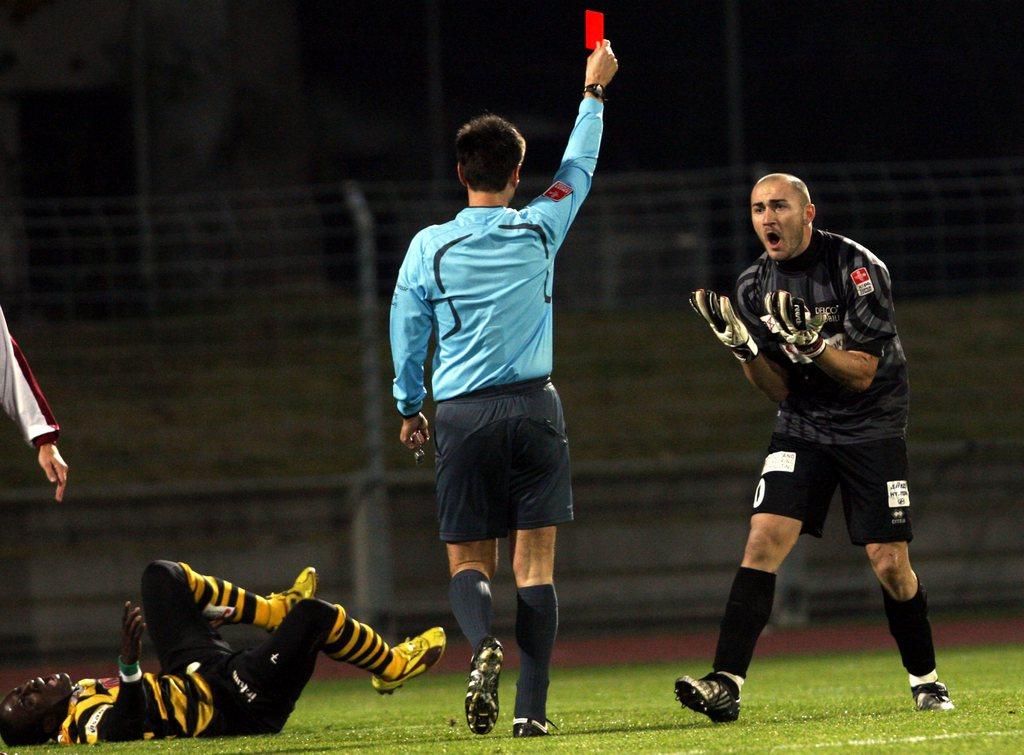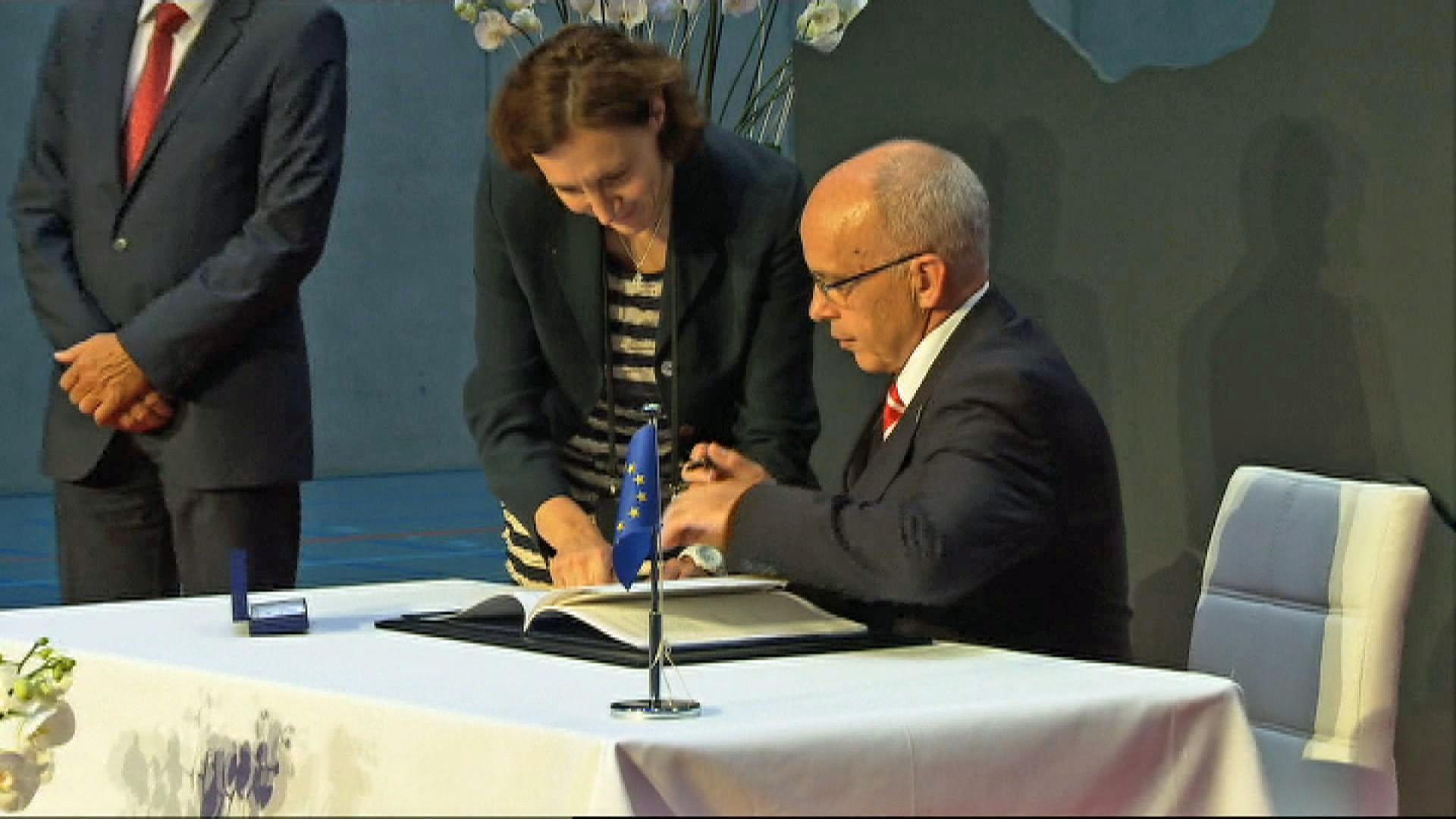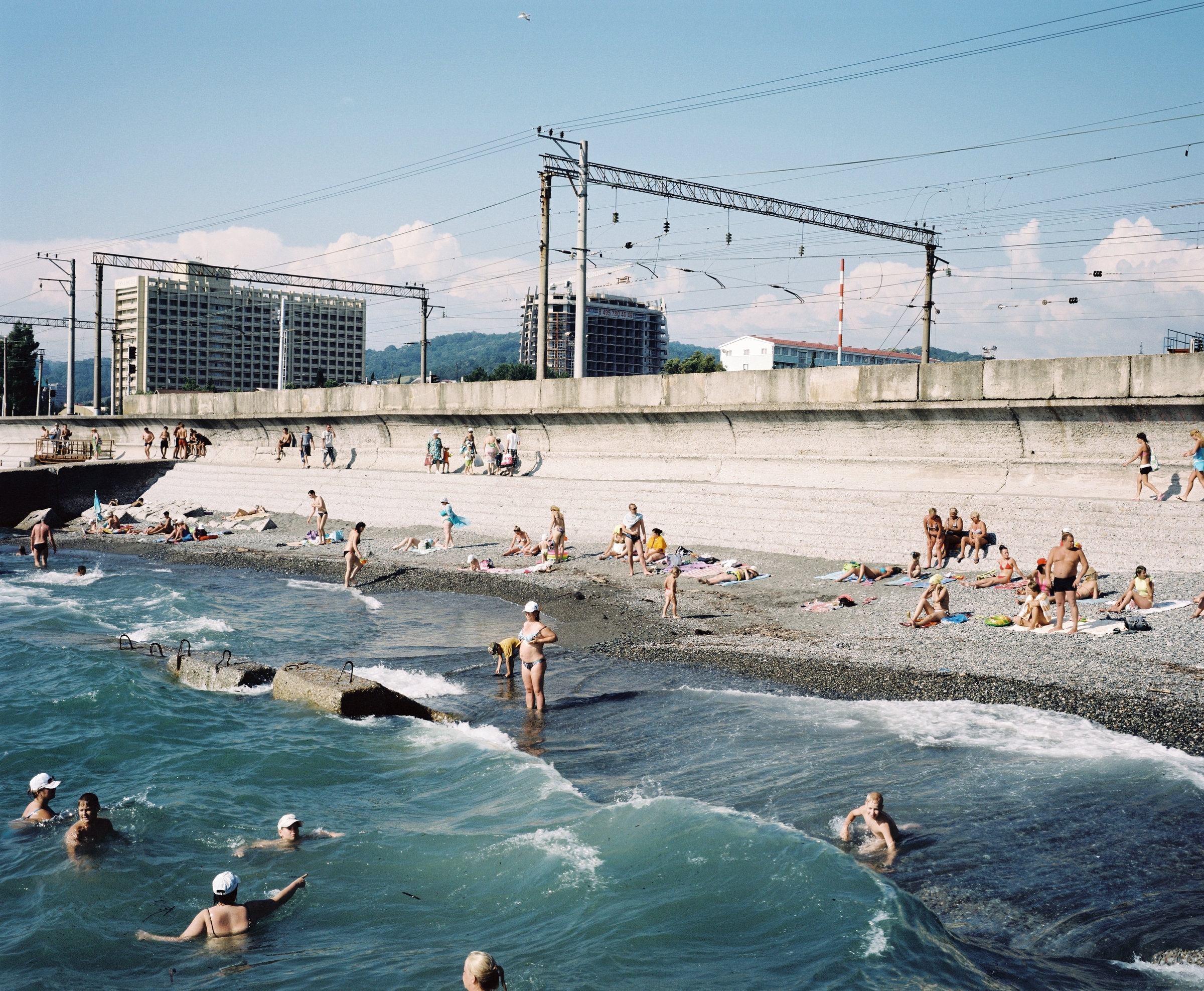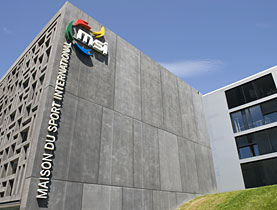Swiss set to get tough over sports corruption

Host to 65 international sports federations including football’s governing body Fifa, Switzerland is under pressure to hold organisations more to account. Tough new law changes before parliament could make the Swiss a forerunner in the fight against sports corruption, say observers.
Last month some 30 European sports ministers gathered in the picturesque town of Magglingen, high above Lake Biel in western Switzerland, for a Council of Europe External linkmeeting to discuss the thorny issues of good governance and match-fixing in international sports.
At the end of the two days 15 countries signed a treaty pledging better prevention and prosecution of match-fixing and corruption in sports, led by Swiss Sports Minister Ueli Maurer.

More
Treaty to fight match-fixing
While much of the attention was on the convention, the importance of Switzerland’s role in the fight against sports corruption was not lost on delegates.
“As a seat of more than half the Olympic sports federationsExternal link, the International Olympic Committee (IOC)External link, FifaExternal link, and Uefa, which play a fundamental role in the governance of world and European sport, Switzerland is directly impacted if there is corruption in sport,” Michael Connarty, vice-chairman of the Council of Europe Parliamentary Assembly Sub-Committee on Education, Youth and Sport, told the gathering.
With all eyes on the alpine nation, Swiss officials are keen to stress that they are not idle and have actually got a measure of the problem.
“Switzerland is pleased to confirm its active role in the fight against abuses of sport, which threaten its values and credibility,” said Maurer.
The Swiss point to a Federal Sports Office 2012 report on sports corruptionExternal link, which called for “more robust action”, and the resulting raft of legal changes being considered by parliament, which include amendments to the Unfair Competition Act and the Swiss Criminal Code.
These will make private corruption a criminal offence, even if it does not lead to a distortion of competition as per the current situation. Private corruption cases will be dealt with automatically. At present Swiss courts only take on with private corruption cases once they receive a complaint from a company, individual or group. Sports organisations, businesses and regular associations will all be concerned.
But there are other legal changes afoot. In the autumn session of parliament, MPs backed amendments to a Swiss anti-money-laundering law to classify top sports officials in Switzerland as “Politically Exposed Persons” (PEPs) and thus subject to greater financial scrutiny and transparency. National lottery legislation is also being revised to combat illegal betting and match-fixing.
In his speech in Magglingen, Matthias Remund, director of the Federal Office of Sport, gave a further example of how the Swiss are talking tough: “In some cases organisations could be punished if they don’t take the necessary and reasonable measures to prevent organisation-wide corruption.”
Leading stance
After years of appearing to dragging their feet, concerned by their image, the Swiss are now taking a leading stance, say observers.
Jens Sejer Andersen, director of the independent sports watchdog, Play the GameExternal link, agreed that on paper the changes send an important signal.
“The Swiss have been patient,” he said. “Legislation comes slowly but if it comes it will be a major inspiration not only for sports federations that will have to adapt to stricter legislation but also for other countries which have to consider what to do with their own federations.”
Jean-Loup ChappeletExternal link, an expert on the management of sports organisations at the Swiss Graduate School of Public Administration in Lausanne agreed that these were “big changes that will change the landscape”.
“The Swiss government acted following the 2012 report. The ball is now in parliament’s court,” he went on.
Divergent views
Parliamentarians who have been closely following the issues have divergent views on what may happen next, though.
Carlo SommarugaExternal link, a Social Democrat MP who filed a parliamentary initiative on corruption in sport in December 2010, said he was “very worried” that the law changes could be watered down by parliament and private business.
“Over the past three years Fifa has spent their time lobbying and meeting parties and parliamentarians to make them believe that they’ve put in place measures and that these legal changes are not justified,” he commented.
But Roland BüchelExternal link, a Swiss People’s Party MP who lodged a motion on the same issue in 2010, said recent statements and behaviour by Fifa officials could actually lead to very rigid national laws.
“The PEP changes are exaggerated, but they [Fifa and other sports organisations] provoked it. The majority in parliament thinks this is the only solution,” said Büchel.
He pointed to the recent battle over the transparency of an ethics investigation into the bidding process for the 2018 and 2022 World Cups and a separate watch scandal. On September 18 Fifa’s ethics investigator ordered football officials to return 65 luxury watches each worth CHF25,000 given as World Cup gifts by the Brazilian Football Confederation or risk disciplinary action.
Regulatory measures
Beyond a new overarching legal framework, observers say an even bigger issue for Swiss-based organisations is for them to get their own houses in order.
A survey External linkcarried out in 2012 by Play the Game and six European universities among 35 Olympic federations showed that only one-third had ethics, audit or financial committees. Less than a handful had objective and transparent criteria for handing out development funds. Other research showed that less than half the federations publish their financial reports or show them on request.
“This lack of good governance provides a breeding ground for corruption, said Arnout GeeraertExternal link, a researcher for Play the Game. “Those that govern are not held to account by anyone – they can basically do what they want.”
But Paquerette Girard-Zappelli, secretary of the IOC’s Ethics Commission, rebuffed the accusations saying it was unfair to imagine all sports organisations were affected by corruption.
“This is not a reality. This is not to say the risk of corruption doesn’t exist like it does in other parts of society,” she told the conference, reeling off a long list of good governance initiatives the IOC and federations were pursuing.
Fifa also strongly defends its recent internal reform process and new set-up.
“Since the reforms, we have had an exemplary organisation in ethics,” Fifa President Sepp Blatter told a World Summit on Ethics in Sports in Zurich on September 19. “We are the only sports organisation which has this independent body for ethics, nobody else, not even the IOC.”
Fifa may have taken certain steps, but what about some of the other federations? With Switzerland set to assume a tougher policing role, in the future it may be urged to help reinforce federations’ internal efforts, at least that’s what some delegates believe.
“I would suggest that compliance and self-regulation standards must be stimulated and if necessary supplemented by changes to Swiss law,” said Connarty.
Sport federations
Around 65 international sport federations and organisations are currently based in Switzerland. The first to come was the International Olympic Committee (IOC) which has been in Lausanne since 1915.
Canton Vaud, of which Lausanne is the capital, is home to about 20. In addition to the IOC, they include the Court of Arbitration for Sport (CAS), UEFA, and the world bodies governing Gymnastics (FIG), cycling (UCI) and volleyball (FIVB).
Among the organisations based elsewhere in Switzerland are the governing bodies of football, FIFA (Zurich), basketball (Geneva), handball (Basel), ski (Oberhofen, canton Bern) and ice hockey (Zurich).
Switzerland is attractive for many reasons: its geographic location, highly qualified work force, political stability, neutrality, security, quality of life, plus an attractive tax regime and legal code.
Sports bodies based in Switzerland enjoy association status. Associations are not obliged to register with the state nor to publish their accounts. They are granted tax breaks and flexible legal terms that allow them to govern their own affairs and are exempt from Swiss anti-corruption laws.
A study published at the end of 2007 put the spin-off for the Vaud economy from all these sport bodies at 1,400 jobs and SFr200 million annually ($196 million).

In compliance with the JTI standards
More: SWI swissinfo.ch certified by the Journalism Trust Initiative














You can find an overview of ongoing debates with our journalists here . Please join us!
If you want to start a conversation about a topic raised in this article or want to report factual errors, email us at english@swissinfo.ch.